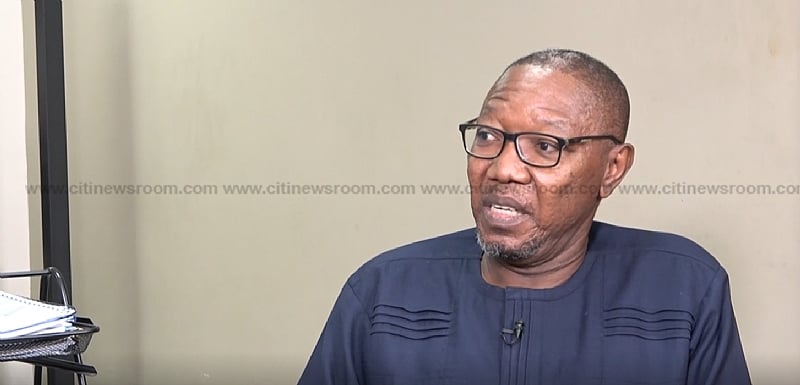The National Democratic Congress (NDC), having secured victory in the recent Ghanaian elections, is steadfast in its commitment to implement its flagship campaign promise: free tuition for first-year students in public tertiary institutions. This policy, a cornerstone of the NDC’s platform, aims to broaden access to higher education by alleviating the financial burden on students and their families. Dr. Clement Apaak, Member of Parliament for Builsa South, has unequivocally reiterated the party’s resolve to deliver on this promise, emphasizing its significance in the NDC’s electoral triumph. The resounding victory, reflected in the parliamentary seat count and the margin between presidential candidates, underscores the public’s endorsement of this policy, among others. The NDC views this mandate as a clear directive to prioritize and implement the free tuition initiative.
Despite the resounding public support, the policy has faced criticism from certain quarters, with some stakeholders questioning its feasibility and sustainability. Brigadier General Joseph Nunoo-Mensah (Rtd), former Chief of Defence Staff, recently voiced concerns, suggesting that parents should remain primarily responsible for financing their children’s tertiary education. This perspective challenges the core principle of the NDC’s policy, which seeks to shift the financial burden from families to the state, at least for the initial year of tertiary education. The differing viewpoints highlight the ongoing debate regarding the role of government in funding higher education and the optimal balance between individual and collective responsibility.
Dr. Apaak addressed these concerns directly, reaffirming the NDC’s unwavering commitment to the free tuition policy. He emphasized that the policy’s implementation is not intended to be compulsory, acknowledging the diversity of individual circumstances and preferences. Students who are financially capable and prefer to bear the full cost of their education will have the option to opt out of the program. This provision allows for flexibility and ensures that the policy benefits those who need it most, while respecting the autonomy of those who prefer alternative arrangements. This opt-out mechanism balances the policy’s overarching goal of accessibility with individual financial independence.
The NDC’s rationale for implementing free tuition for first-year students stems from a broader vision of education as a fundamental right and a catalyst for national development. By reducing financial barriers to entry, the policy aims to widen access to tertiary education, particularly for students from lower-income backgrounds who might otherwise be deterred by the high costs associated with university studies. This increased access is expected to contribute to a more educated and skilled workforce, fostering economic growth and social mobility. The policy aligns with the NDC’s social democratic principles, emphasizing equitable distribution of opportunities and investments in human capital.
The implementation of free tuition for first-year students represents a significant step towards achieving the NDC’s broader educational goals. This initiative is part of a larger strategy to enhance the quality and accessibility of education at all levels, from primary to tertiary. The policy is envisioned as a catalyst for positive change, creating a more inclusive and equitable education system that empowers individuals and strengthens the nation as a whole. By investing in education, the NDC aims to equip future generations with the knowledge and skills necessary to thrive in a rapidly changing global landscape.
The NDC’s commitment to this policy underscores its belief in the transformative power of education. By easing the financial strain on students and their families, the party aims to foster a more equitable and accessible higher education system. While acknowledging the challenges and differing opinions surrounding the policy, the NDC remains resolute in its determination to implement this crucial campaign promise. The free tuition initiative represents a tangible investment in the future of Ghana, empowering individuals and contributing to the nation’s overall development and prosperity. The upcoming implementation phase will be crucial in determining the policy’s effectiveness and its long-term impact on the Ghanaian educational landscape.


